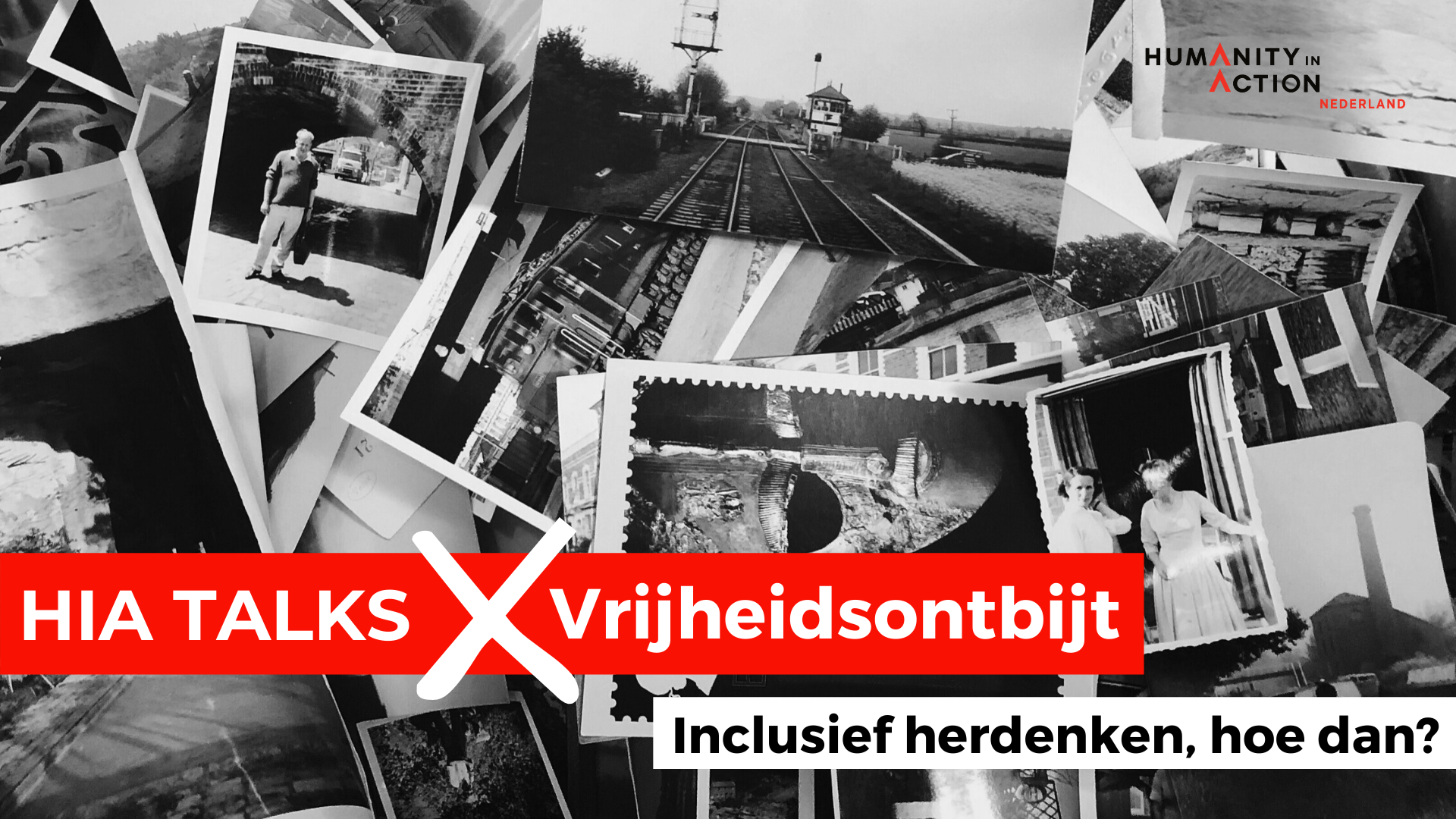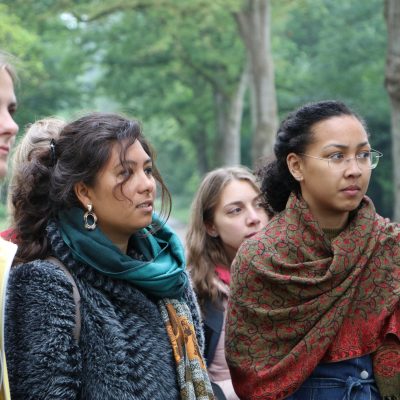Article
In 2020, the Netherlands commemorated 75 years of freedom since World War II. On National Remembrance Day (May 4) and Liberation Day (May 5), Dutch people collectively reflect on the past. These days inevitably have our attention, but are also questioned.
“Freedom means that we will commemorate more inclusively and sustainably, and hear more hidden stories.” – Lecyca Curiel (2019 Amsterdam Fellowship).
Lisa Nussy and Lecyca Curiel (2019 Amsterdam Fellowship) argue that commemoration is mainly done from only one perspective: a white, Eurocentric, heteronormative, and binary perspective. They find that the national collective memory of history in the Netherlands misses the many nuanced perspectives of lived experiences. At the same time, they also noticed that themes such as freedom and resistance are more and more contemplated and discussed.
Lisa and Lecyca argue that the dominant belief about World War II is that the Dutch were either victims or heroes, but never perpetrators, bystanders, or anything that does not fit within the binary of good and bad. They came to this realization during their Fellowship and began to criticize the Dutch National Commemoration. Both of them have Indonesian roots and noticed that not all stories are equally represented in the Dutch discourse on war and freedom.
For their Action Project, Lisa and Lecyca researched to what extent the Dutch National Remembrance is inclusive and sustainable, and how we can use lessons from the past to guide us into a more inclusive future. On May 4, 2020, they created and published a video highlighting stories and people from World War II that the 2019 Amsterdam Fellows considered to be underexposed, but equally important. The Fellows mentioned events like the April Murders on the island of Curaçao, victims from the former Dutch-Indies, including the ones on the Indonesian side, the persecution of the LGBTQIA+, and the Roma and Sinti community. Lisa and Lecyca also previously shared an article reflecting on the Dutch National Commemoration on Humanity in Action website.
Lisa and Lecyca: “Can we really speak of 75 Years of Freedom? When we celebrate this, do we take into account the role of the Dutch in Indonesia when they tried to restore their colonial authority after liberation? And don’t forget that systems of oppression that were not only present before and during the Second World War, but that are still present today? Today, people of the LGBTQIA+ community continue to experience discrimination. The Roma and Sinti people are still stigmatized across Europe. We want to emphasize the hidden stories in order to change the narrative and to have a more inclusive collective memory.”
For Lisa and Lecyca, commemoration is something that not only pertains to the past, but also encourages you to think about the now. What does freedom mean today? How can we help ensure a life of complete freedom for everyone? Why is it relevant for us to remember these untold stories from the past? And how can we keep the commemoration relevant in the present? What can we learn from history, and how can we be aware and vigilant to signs of discrimination to create a more inclusive and sustainable society?
Lisa and Lecyca suggest that important points of improvement for the National Commemoration are inclusion and sustainability: to share more underexposed stories and think about what we can learn from them for the future. We need to think about how these stories help us to be vigilant in the present when it comes to systems of oppression, injustice, persecution, and – the lack of – freedom. An event was planned to reflect on a more inclusive and sustainable commemoration in 2020, but due to COVID-19 all events around Liberation Day were unfortunately cancelled.


